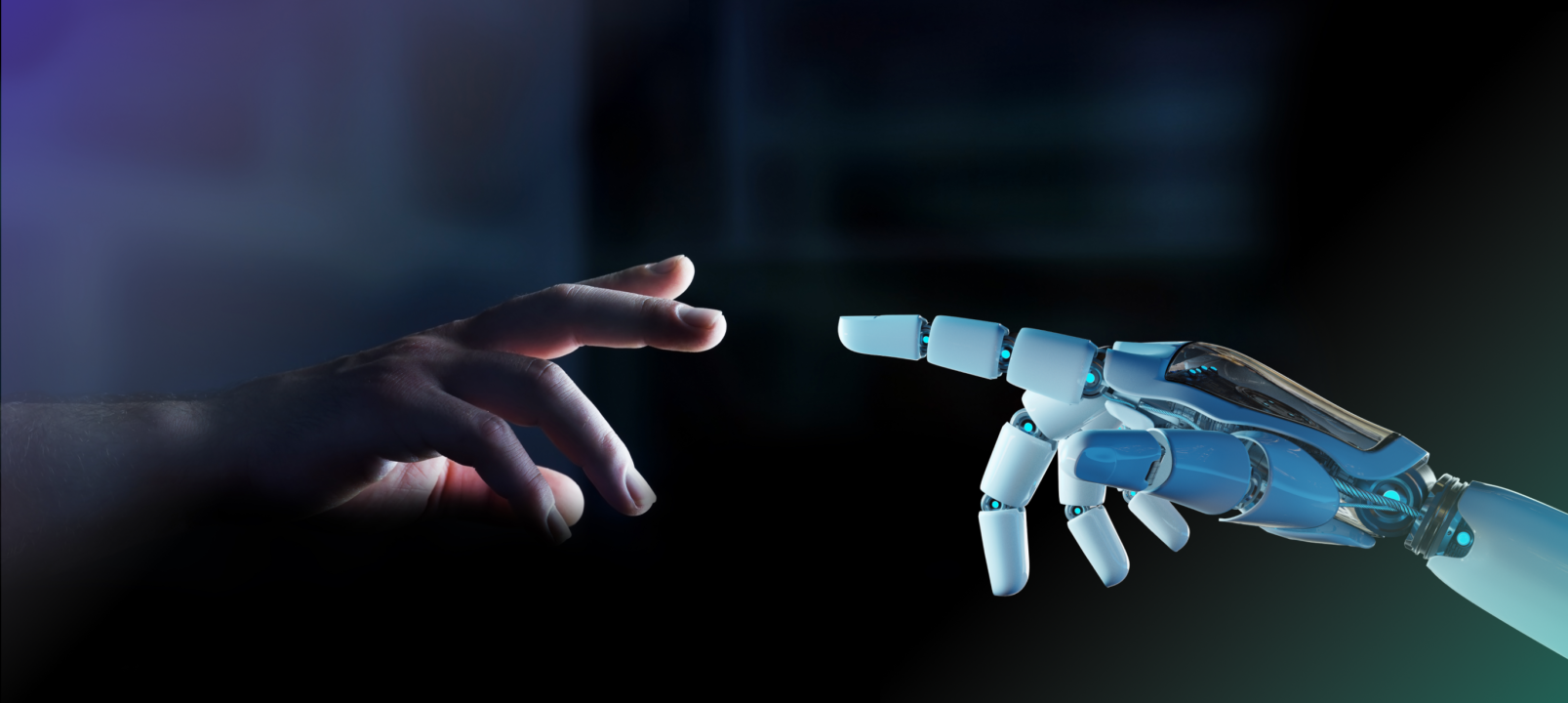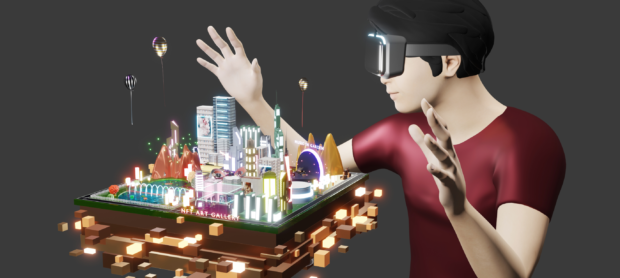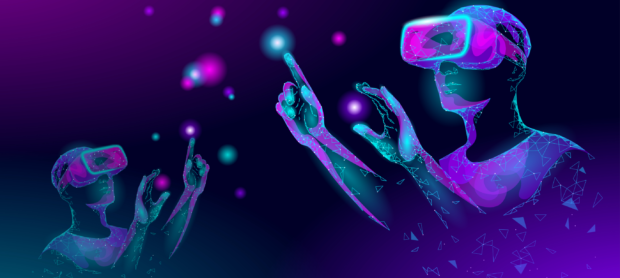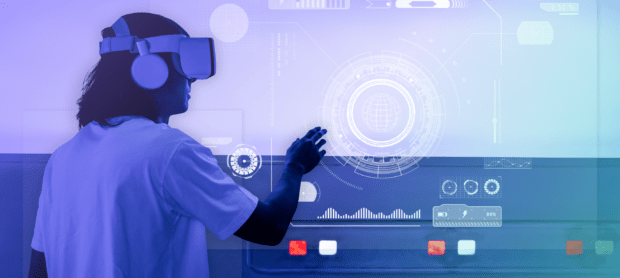The 1940s and 1950s may be considered the birth years of artificial intelligence since it was during this time that pioneers like John McCarthy and Alan Turing first began to consider the prospect of machine intelligence. McCarthy organized the Dartmouth Conference in 1956, which is generally recognized as the year when AI. The “Turing Test,” created by Turing, served as the benchmark for evaluating artificial intelligence. Since then, AI has had both growth and stagnation stages. Examples include the advent of expert systems in the 1980s, the emergence of machine learning in the 1990s, and the most recent deep learning and neural network revolution in the 2010s.
With applications in several industries and domains, artificial intelligence has evolved into an essential part of modern civilization. From voice assistants like Siri and Alexa to the complex algorithms that power search engines and social media platforms, the usage of artificial intelligence has radically transformed how we live, work, and communicate. By the use of its abilities, advancements in the healthcare, transportation, and entertainment sectors have been made, opening the way for the development of life-saving diagnostic tools, autonomous cars, and personalized content recommendations. As AI advances, it opens up previously unthinkable opportunities for development as well as challenges that must be carefully handled to ensure the technology’s moral and ethical development.
AI Advancements: Past and Present
Automatic Language Recognition
In the field of artificial intelligence, natural language processing (NLP) aims to make it possible for machines to comprehend, analyze, and produce human language. The development of sophisticated language models like GPT-3, which can produce text that resembles human speech and comprehends context, is a result of advances in NLP throughout time. These models have found use in a variety of industries, including translation services, sentiment analysis, and chatbot creation.
Machine Learning
It is now possible for robots to analyze and comprehend visual data from the outside environment thanks to the interdisciplinary study of computer vision. The development of effective algorithms for object recognition, facial recognition, and scene understanding is the result of developments in computer vision. New opportunities have been made possible in fields like surveillance, medical diagnostics, and driverless cars.
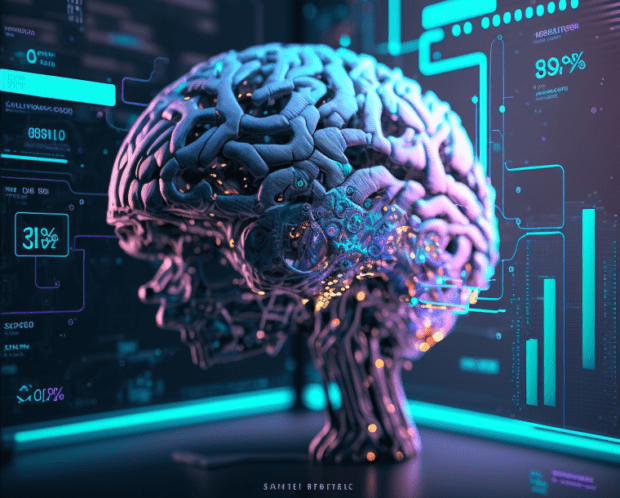
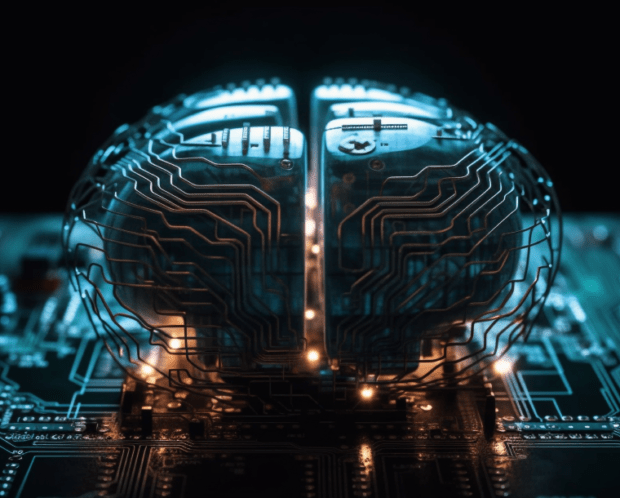
Automation and Robotics
With the creation of sophisticated robots that are capable of carrying out challenging tasks and traversing dynamic situations, AI-powered robotics and automation have evolved significantly in recent years. AI has been essential in improving the capabilities of these machines, enabling them to operate more effectively and securely with people on anything from industrial automation to service robots.
Uses of AI in Different Industries
Because of its adaptability, AI has been incorporated into a variety of businesses. AI-driven healthcare solutions have aided in the early diagnosis of diseases, enhanced diagnostics, and created individualized treatment regimens. AI algorithms are employed in finance for algorithmic trading, risk analysis, and fraud detection. Whereas in the entertainment sector, AI-driven technologies support artists and creators in creating new works of art and media, while AI-driven recommendation engines curate tailored content for users. These are just a few instances of how AI is influencing many sectors.
Predictions for the Immediate Future of AI
Better AI Architectures and Algorithms
We may anticipate considerable advancements in algorithms and structures as research and development in AI continue. Reinforcement learning, which enables robots to acquire ideal behaviors by interacting with their environment and getting feedback, is one area of special interest. By enabling machines to perform complicated tasks more quickly and effectively, advancements in reinforcement learning have the potential to change industries like robotics, control systems, and game creation.
Healthcare and AI
The use of AI in healthcare is anticipated to grow significantly in the next years. AI systems can assist in the early identification and prediction of illnesses by utilizing machine learning and sophisticated analytics, potentially saving countless lives. For instance, AI-driven technologies may examine genetic data or medical pictures to find early indications of diseases like cancer or Alzheimer’s, allowing for more efficient and timely therapies.
AI has the potential to completely transform the process of finding and developing new drugs. Artificial intelligence (AI) may considerably speed up the identification of prospective medication candidates and the optimization of their characteristics by applying machine learning techniques and huge databases of chemical substances. This may shorten the time and expense needed to get new, life-saving drugs to the market.
AI in Media and Entertainment
The development of immersive virtual and augmented reality experiences will heavily rely on artificial intelligence. Sophisticated AI algorithms may be used to mimic lifelike characters, produce realistic landscapes procedurally, and even change the story based on the user’s choices.
The development and curation of content in the media and entertainment sector are already beginning to change as a result of AI’s skills in natural language processing and computer vision. We may anticipate much more advanced AI-powered tools in the near future, enabling the creation of high-quality textual, graphic, and audio material.

Potentials of AI in the Far Future
Generic artificial intelligence (AGI)
Artificial general intelligence (AGI) is a type of AI that, like human intelligence, has the capacity to comprehend, learn, and apply information to a wide range of activities. Several AI researchers still have a long-term vision of creating AGI, which would be a substantial advancement above the present-day limited and specialized AI systems. It would be difficult to achieve AGI without overcoming several philosophical and technological obstacles as well as dealing with the moral and societal ramifications.
The possible uses of AGI are only constrained by our imagination, and it has the power to alter many facets of human life. AGI systems might provide advances now out of human reach by resolving complicated issues in domains like science, medicine, and engineering. AGI’s growth, however, also prompts questions about how it should be used ethically, how it may be abused, and how to make sure it supports human values and objectives.
Space exploration and AI
In the far future, AI may be used to power sophisticated space probes that are capable of making their own decisions and solving their own problems, which might have a big impact on space exploration. Without the requirement for direct human involvement, these AI-driven probes may investigate faraway planets and astronomical bodies, collecting useful data, and making discoveries. AI in space exploration has the potential to speed up scientific progress and broaden our understanding of the cosmos.
AI has the potential to be a key factor in turning humanity’s ambition of colonizing the stars into a reality. AI-powered systems may aid with habitat planning and building, control of life support systems, and even agricultural cultivation in alien habitats. AI has the potential to increase the efficiency and viability of space colonization by automating and improving numerous processes.
AI and human enhancement
Using AI in conjunction with brain-computer interfaces (BCIs) opens up an intriguing new path for human enhancement. BCIs have the potential to improve cognitive capacities, enabling seamless control of external devices, and even enable communication by thinking alone by fusing AI algorithms with direct brain-computer interface. The creation of sophisticated BCIs powered by AI has the potential to completely alter how we communicate with one another and with technology.
AI has the potential to revolutionize exoskeleton and prosthetic design and functioning in the field of physical enhancement. AI-driven exoskeletons might improve human strength, endurance, and mobility, while AI-driven prostheses could provide users more control and dexterity. These developments may greatly raise the standard of living for those with impairments and create new opportunities for human performance.
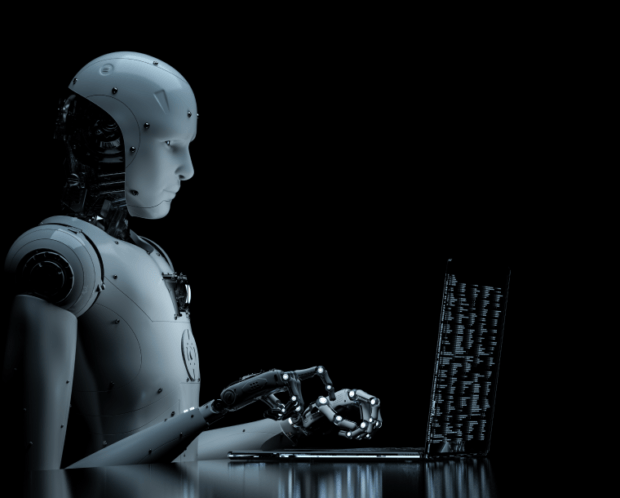
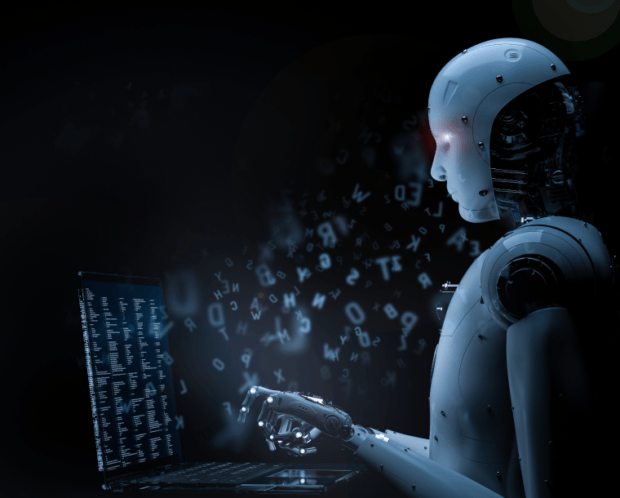
Final Thoughts
It is crucial to place a high priority on responsible and ethical development as we look to the future of AI. To fully benefit from AI while minimizing any hazards, it is essential to make sure that the systems are created with justice, transparency, and accountability in mind. In order to create policies and rules that encourage ethical AI development, academics, legislators, and industry stakeholders must work together.
AI’s future holds both extraordinary potential and difficult difficulties. AI has the ability to drastically improve our lives, from transforming healthcare and transportation to increasing human skills via augmentation. Yet, these developments raise questions about algorithmic bias, employment displacement, and privacy. We can try to ensure that the advantages of AI are distributed fairly across society by taking proactive measures to solve these problems.
Are you prepared to use artificial intelligence to realize your ideas? With the backing of our highly skilled professional staff, working under your direction, Eventyr can assist you in realizing your vision. Don’t pass up the chance to use AI to its full extent in your project. For further details, contact us right now, and let’s start on this thrilling trip together.
